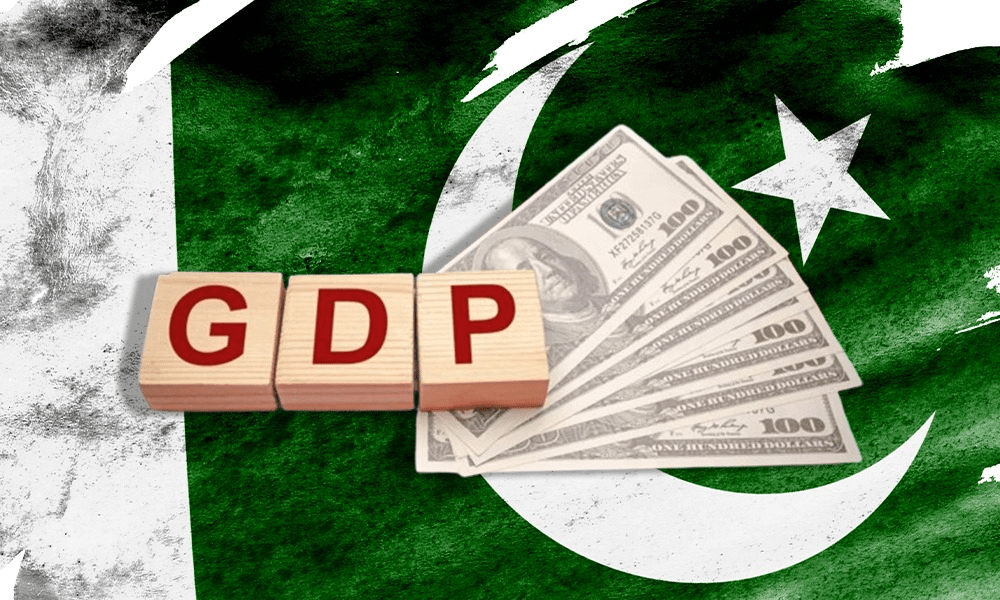The government announced on Tuesday its ongoing efforts towards retirement and pension reforms, aimed at reducing government spending and controlling the budget deficit across all institutions.
Addressing the press following a federal cabinet meeting, Law Minister Azam Nazeer Tarar emphasized the necessity for reform, considering the substantial number of government employees in Pakistan and the strain it places on the country’s finances.
Tarar assured that the reforms would encompass all stakeholders, including the judiciary and military, with a commitment to transparency and consensus-building.
In alignment with these reforms, Information Minister Attaullah Tarar highlighted the burden of pension expenditure and the government’s solicitation of input from various stakeholders to devise an effective policy.
He emphasized the government’s focus on revenue generation and expenditure reduction, particularly pertinent as Pakistan prepares for discussions with the International Monetary Fund (IMF) on a new program under the Extended Fund Facility (EFF) and climate financing.
Finance Minister Muhammad Aurangzeb underscored the imperative for tax reforms, noting Pakistan’s low tax-to-GDP ratio and the need for a broader taxpayer base to sustain economic growth.
Aurangzeb emphasized the unsustainability of burdening existing taxpayers and proposed expanding the tax base to enhance revenue collection.
He hinted at upcoming interest rate cuts to stimulate economic activity, citing a decline in inflation and improving investors’ confidence as indicators of economic stability.
With the finance minister hinting at a series of rate cuts in the coming months, market optimism is on the rise, reflected in the upward trend of the Pakistan Stock Exchange.
Regarding Pakistan’s engagement with the IMF, Aurangzeb stated that discussions would explore the possibility of a larger and longer-term program, including climate financing.
While acknowledging the historic reliance on the IMF, Aurangzeb indicated a broader outlook towards international financial institutions in the future.



